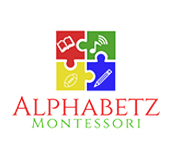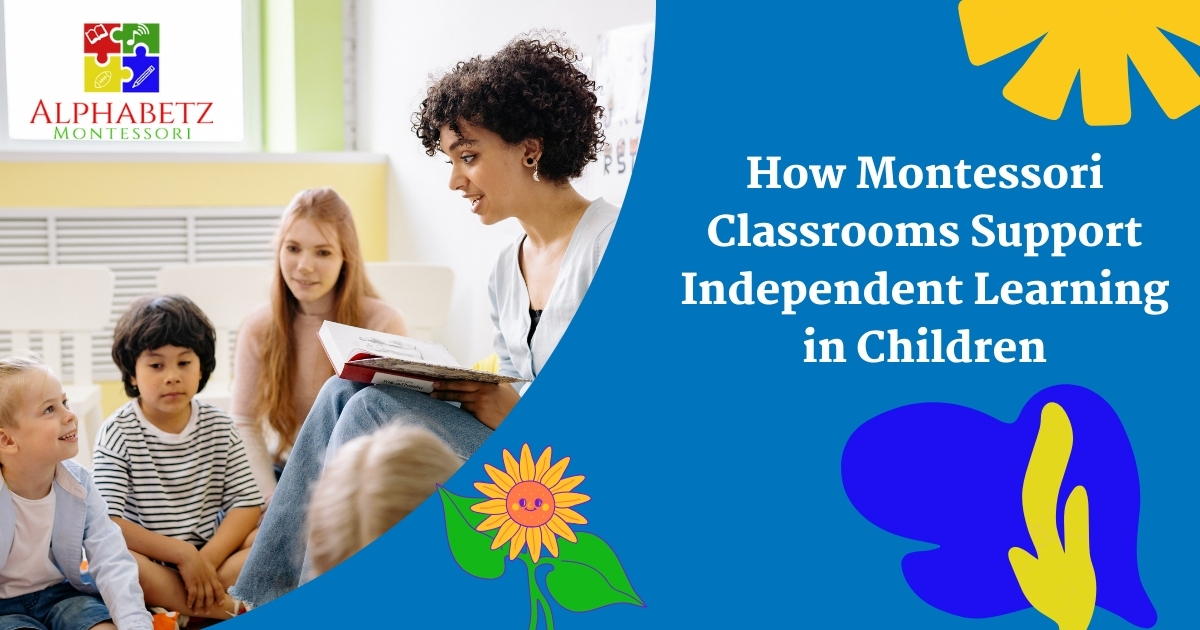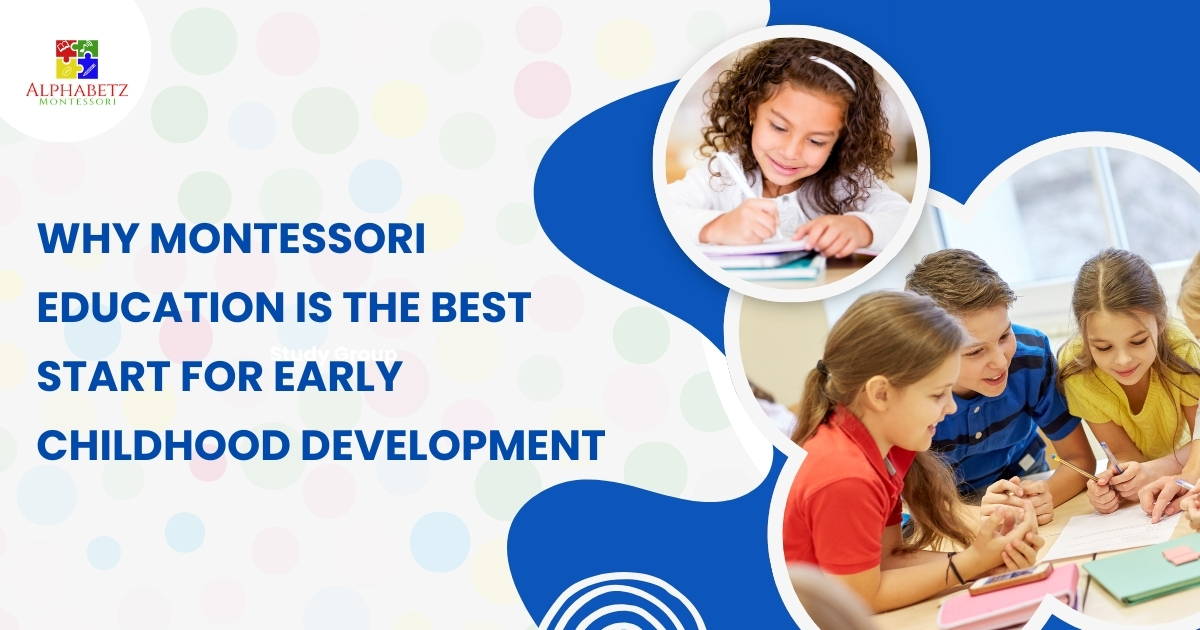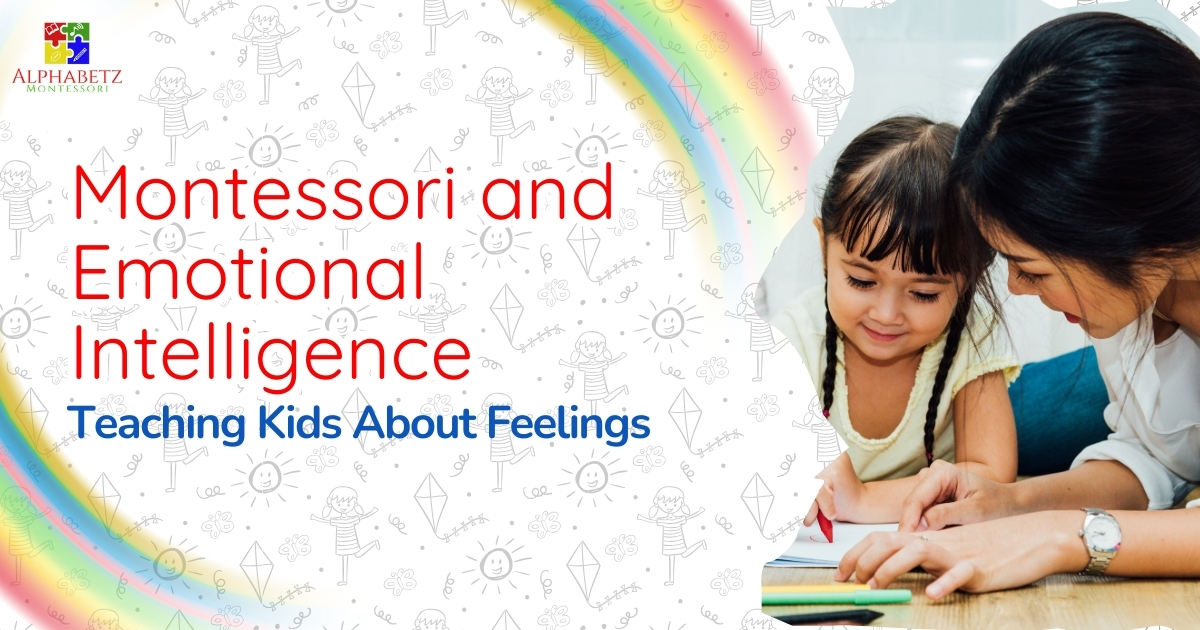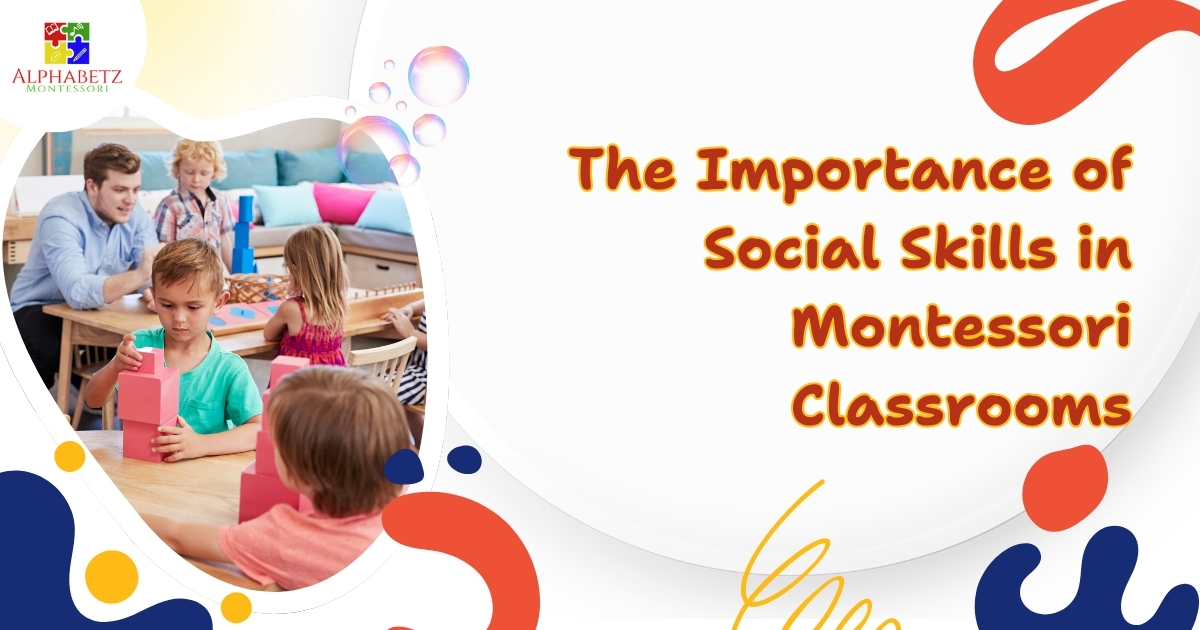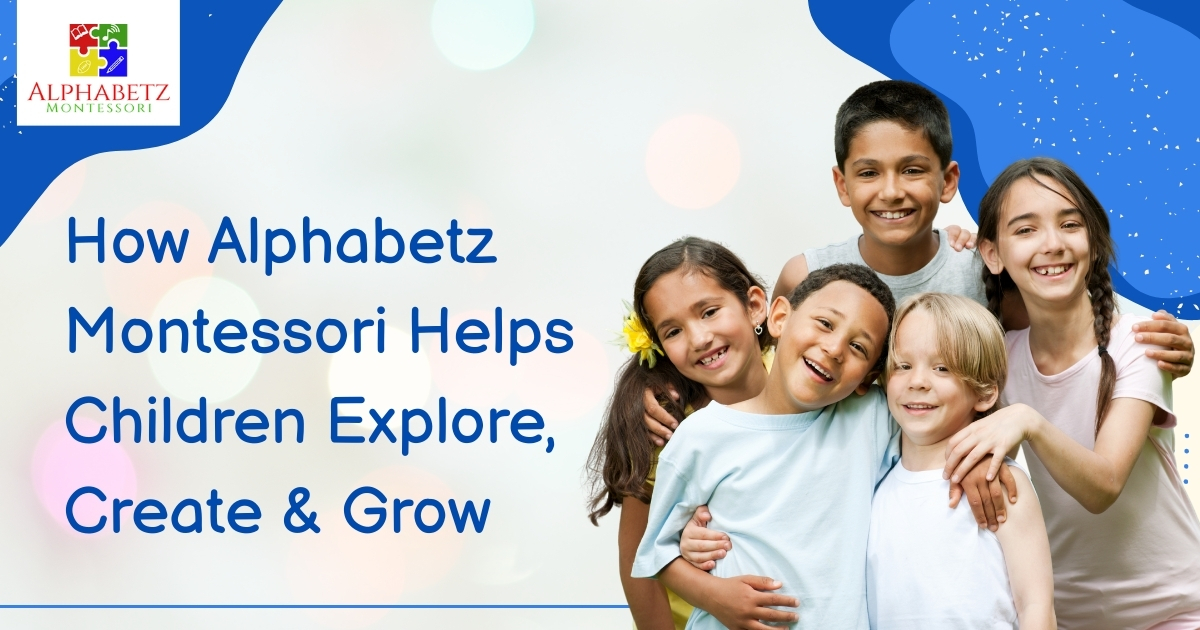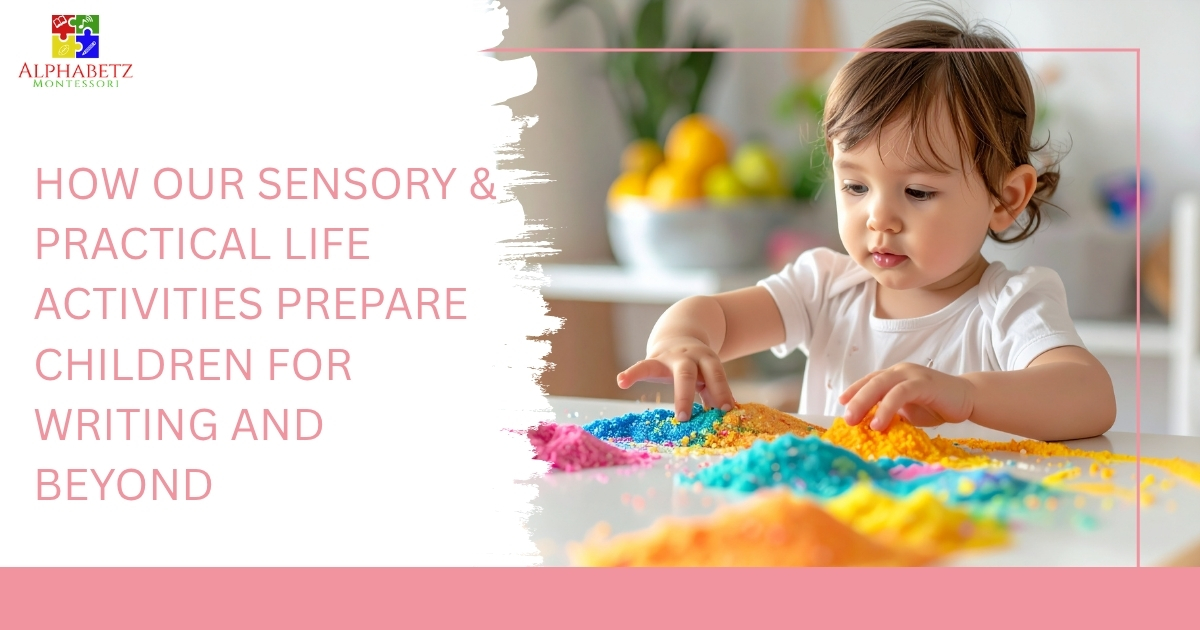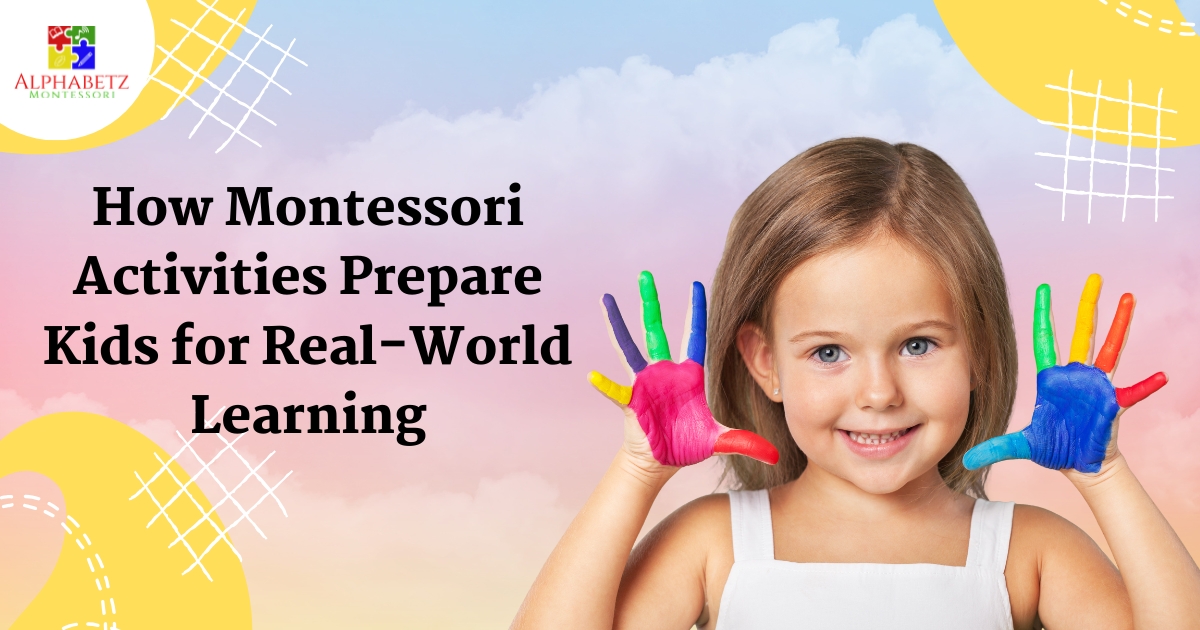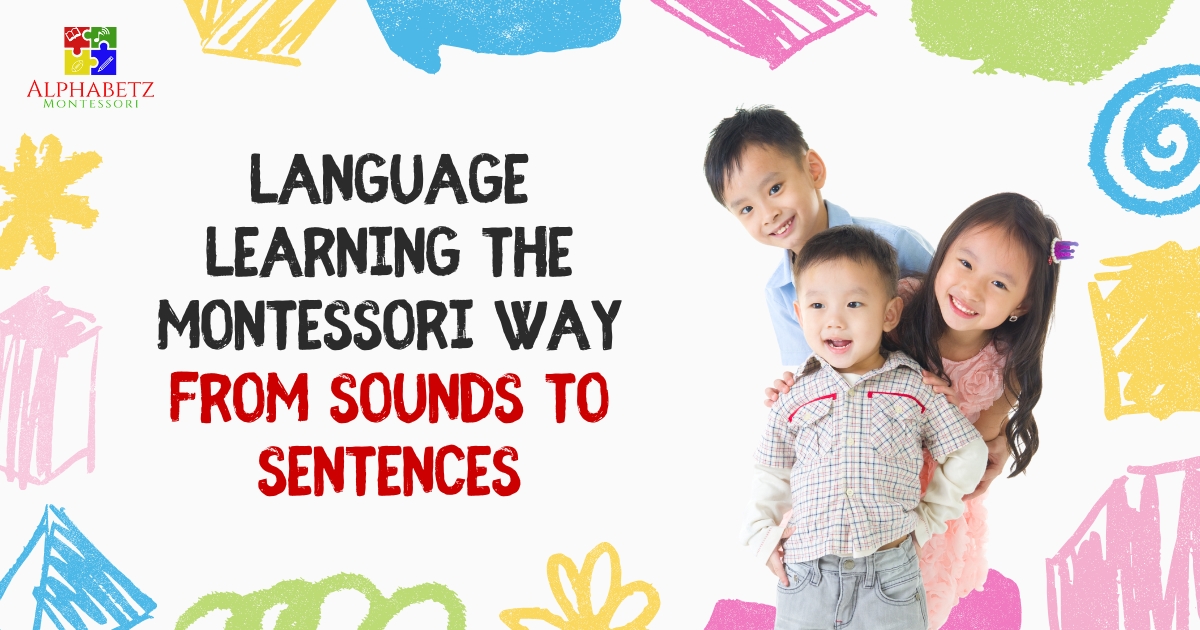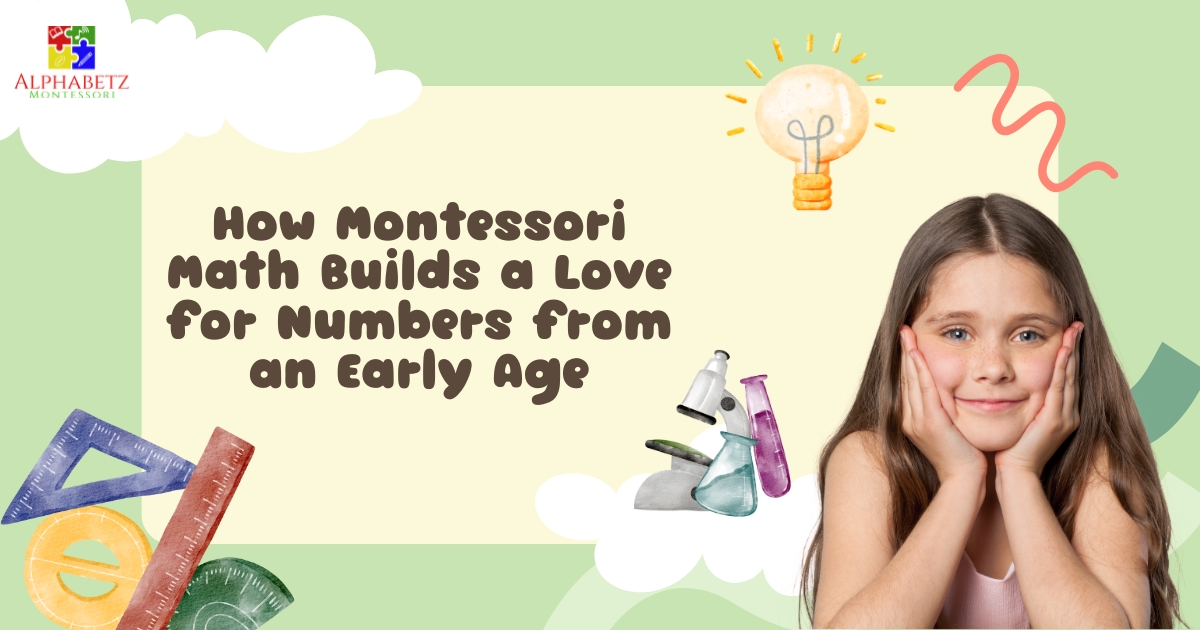Explore the essence of Montessori education at Alphabetz Montessori’s blog. Nurturing holistic development and nature-inspired learning in San Antonio, TX.
Independent learning is one of the most valuable skills a child can develop during the early years. It builds confidence, critical thinking, self-discipline, and a lifelong love of learning. Montessori education is uniquely designed to nurture independence by respecting each child’s natural curiosity and ability to learn at their own pace. In a Montessori classroom, independence is not forced it is carefully guided and encouraged every day. A Child-Centered Learning Environment Unlike traditional classrooms where…
Choosing the right early childhood education program is one of the most important decisions parents make for their child. The early years are a critical time for brain development, emotional growth, and building lifelong learning habits. Montessori education has gained global recognition as one of the most effective approaches for supporting holistic early childhood development. At Alphabetz Montessori, we believe Montessori provides the strongest foundation for children to grow into confident, independent, and capable learners.…
Developing healthy eating habits in early childhood lays the foundation for a lifetime of well-being. At Alphabetz Montessori, children are encouraged to explore food not only as nourishment but also as an opportunity for learning, independence, and responsibility. One effective and engaging way to do this is through fireless cooking activities simple, safe food preparation experiences that empower children while promoting healthy choices. What Is Fireless Cooking in Montessori? Fireless cooking involves preparing food without…
In early childhood, learning is not limited to letters and numbers. One of the most important foundations for lifelong success is emotional intelligence (EI) the ability to recognize, understand, and manage one’s own emotions while developing empathy for others. At Alphabetz Montessori, emotional development is thoughtfully woven into everyday learning, helping children grow into confident, compassionate, and self-aware individuals. What Is Emotional Intelligence in Early Childhood? Emotional intelligence includes skills such as identifying emotions, expressing…
In today’s world, academic knowledge alone is not enough to help children thrive. Social skills such as communication, empathy, cooperation, and respect play a crucial role in shaping a child’s overall development. Montessori education recognizes this early on and intentionally creates an environment where social growth is just as important as academic learning. At Alphabetz Montessori, social skills are nurtured naturally through everyday interactions, collaborative activities, and a thoughtfully prepared classroom environment. A Community-Based Learning…
At Alphabetz Montessori, learning is more than a classroom experience It’s an exciting journey where children discover the world through exploration, creativity, and hands-on activities. Rooted in the Montessori philosophy, our approach empowers each child to learn at their own pace, build confidence, and develop a deep love for learning. In a world that is constantly evolving, we believe that nurturing independent thinkers and curious explorers is the foundation for lifelong success. A Learning Environment…
At Alphabetz Montessori, we believe that every small movement and every hands-on experience a child engages in plays a vital role in shaping their future academic success. Long before children learn to write letters and form sentences, they build the foundation for writing through fine motor development, coordination, and concentration skills cultivated through Montessori sensory and practical life activities. The Montessori Foundation: Learning Through the Hands Dr. Maria Montessori once said, “The hands are the…
At Alphabetz Montessori, every activity is more than just play, it's preparation for life. The Montessori approach encourages children to explore, discover, and learn at their own pace through meaningful, hands-on experiences. These activities are thoughtfully designed to develop essential skills that help children thrive not only in school but also in the real world. 1. Building Independence and Responsibility From an early age, Montessori children are encouraged to do things for themselves. Activities such…
Language is one of the most powerful tools a child acquires in early childhood. It allows them to express thoughts, build relationships, and understand the world around them. At Alphabetz Montessori, we follow Dr. Maria Montessori’s time-tested approach to language development is one that nurtures natural curiosity, builds strong communication skills, and makes learning an enjoyable, organic process. The Foundation: Absorbing Language Naturally In the Montessori environment, language learning begins long before formal lessons. From…
Mathematics is often considered a subject that children either love or struggle with. At Alphabetz Montessori, we believe that every child has the potential to enjoy and excel in math when introduced to it in the right way. The Montessori method approaches math not as a set of rules to memorize, but as a fascinating world to explore with hands-on materials and real-life connections. By introducing math concepts early in a child’s educational journey, Montessori…
